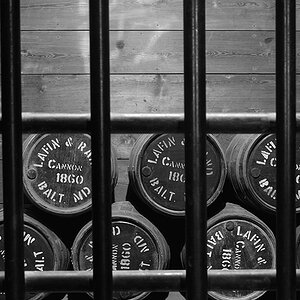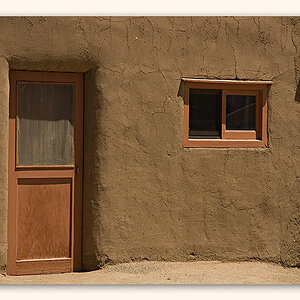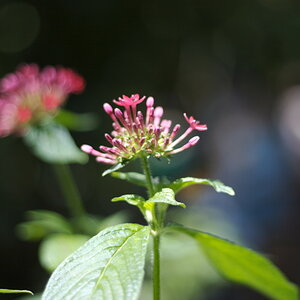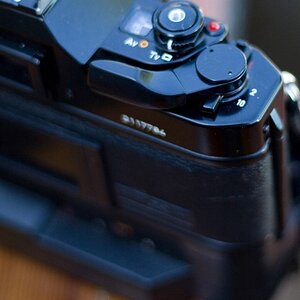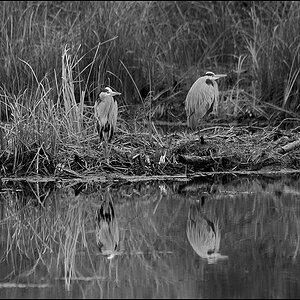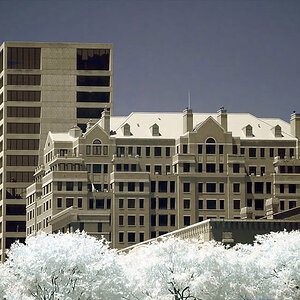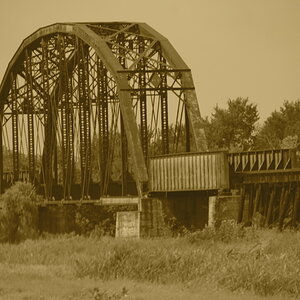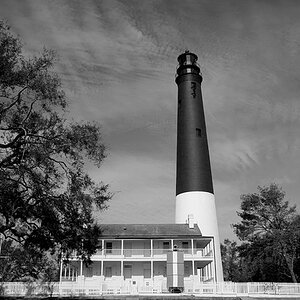Navigation
Install the app
How to install the app on iOS
Follow along with the video below to see how to install our site as a web app on your home screen.

Note: This feature currently requires accessing the site using the built-in Safari browser.
More options
You are using an out of date browser. It may not display this or other websites correctly.
You should upgrade or use an alternative browser.
You should upgrade or use an alternative browser.
Beach Photography
- Thread starter Luna
- Start date
Mav
TPF Noob!
- Joined
- Jan 1, 2008
- Messages
- 1,457
- Reaction score
- 2
- Can others edit my Photos
- Photos OK to edit
DEFINITELY get a 2-stop Graduated Neutral Density filter, and a circular polarizer. The Grad ND will balance the bright sky with the dark water a lot better and help you get great photos. The CP filter, well, just twist it around and play with it and you'll see.  If you're not using either, make sure you have a UV filter or something just for general lens protection, and some good lens/filter cleaning equipment. Lens pen, micro fibre cloth, lens cleaner, q-tips, etc. The beach can be pretty rough on photo gear. One of those little rocket blower things if you happen to get some gunk on your sensor that you need to blow off.
If you're not using either, make sure you have a UV filter or something just for general lens protection, and some good lens/filter cleaning equipment. Lens pen, micro fibre cloth, lens cleaner, q-tips, etc. The beach can be pretty rough on photo gear. One of those little rocket blower things if you happen to get some gunk on your sensor that you need to blow off.
D80, 18-55 kit lens with a double-stacked 2-stop ND and 2-stop Grad-ND filters. One to balance the sky and water, and the other to slow down the exposure a bit to get some more wave motion in the photo. 1/3s @ f/11 and iso100, with some moderate enhancement in DxO software. Oh, shot from JPEG.

Speaking of which, have a tripod handy if you think you might want to take any photos like this. The ML-L3 remote shutter release is great too for 15 bucks.
D80, 18-55 kit lens with a double-stacked 2-stop ND and 2-stop Grad-ND filters. One to balance the sky and water, and the other to slow down the exposure a bit to get some more wave motion in the photo. 1/3s @ f/11 and iso100, with some moderate enhancement in DxO software. Oh, shot from JPEG.

Speaking of which, have a tripod handy if you think you might want to take any photos like this. The ML-L3 remote shutter release is great too for 15 bucks.
- Joined
- Dec 16, 2003
- Messages
- 33,896
- Reaction score
- 1,853
- Location
- Edmonton
- Website
- www.mikehodson.ca
- Can others edit my Photos
- Photos NOT OK to edit
Polarizing filter for shots in the daytime...absolutely.
When I think 'beach shots'...I think bright sun and people. The problems with that are that the exposure can be tough to judge and the high sunlight causes dark shadows.
The way to keep the sky from being overexposed...it to turn your exposure down...simple as that. Of course, that makes everything darker....but if it's a person, you can use flash to light them up...or at least light up the dark shadows in their face from the bright sun.
You don't need to use flash, a reflector would work well too.
When I think 'beach shots'...I think bright sun and people. The problems with that are that the exposure can be tough to judge and the high sunlight causes dark shadows.
The way to keep the sky from being overexposed...it to turn your exposure down...simple as that. Of course, that makes everything darker....but if it's a person, you can use flash to light them up...or at least light up the dark shadows in their face from the bright sun.
You don't need to use flash, a reflector would work well too.
gmarquez
TPF Noob!
- Joined
- Mar 24, 2007
- Messages
- 486
- Reaction score
- 1
- Location
- Arroyo Grande, CA
- Can others edit my Photos
- Photos OK to edit
any tips for doing beach photography?
Do you mean landscapes/sunsets, or people (or both)? Flash for the people when the background is bright (as mike said). Circular polarizer for when the sun is high (90 degrees from the axis of your shoot).
If you go the landscape/sunset route, a graduated neutral density filter can get the scene's dynamic range into the range you camera can handle. Otherwise, wait for the sun to go almost completely down, or hope for haze or translucent clouds to attenuate the sun's power.
JerryPH
No longer a newbie, moving up!
- Joined
- Oct 14, 2007
- Messages
- 6,111
- Reaction score
- 15
- Location
- Montreal, QC, Canada
- Can others edit my Photos
- Photos NOT OK to edit
A couple of pointers:
- Make sure your equipment is protected. Sand can get in an ruin a camera in 2 seconds. Plastic bags rule.
- Sunsets last a VERY short time, get ready in advance and take pics before you need, and flow into the process. I'm talking from start to end in MAYBE 20 minutes?
You can find many interesting things on a beach, so be careful not to trip over them... like this:

Don't be afraid to experiment and have a ton of fun:

I like the traditional stuff:

But I always have more fun when a flash is involved, especially if it is off-camera flash:

- Make sure your equipment is protected. Sand can get in an ruin a camera in 2 seconds. Plastic bags rule.
- Sunsets last a VERY short time, get ready in advance and take pics before you need, and flow into the process. I'm talking from start to end in MAYBE 20 minutes?
You can find many interesting things on a beach, so be careful not to trip over them... like this:

Don't be afraid to experiment and have a ton of fun:

I like the traditional stuff:

But I always have more fun when a flash is involved, especially if it is off-camera flash:

GeorgeUK
TPF Noob!
- Joined
- Dec 26, 2007
- Messages
- 454
- Reaction score
- 0
- Location
- London
- Website
- www.pbmwforum.com
- Can others edit my Photos
- Photos OK to edit
@ mav - stunning shot! 
*makes mental note to invest in an ND filter*
*makes mental note to invest in an ND filter*
Similar threads
- Replies
- 5
- Views
- 249

